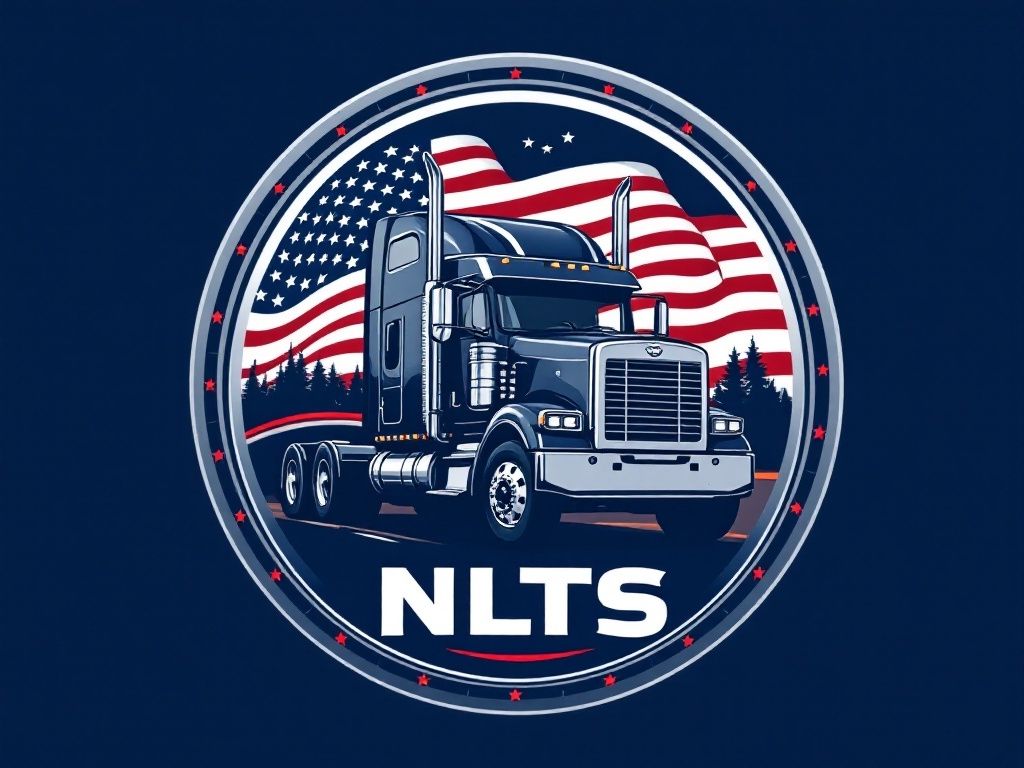Navigating Regional Truck Insurance Requirements: A Focus on the Southeast and Beyond
Understanding the Basics of Truck Insurance
The world of truck insurance can be complex, especially when considering the various regional requirements that exist across the United States. For truck owners and operators in the Southeast, understanding these nuances is crucial to ensuring compliance and protecting your business from unforeseen risks. Truck insurance is not a one-size-fits-all solution; it is influenced by state regulations, the type of cargo, and the routes traveled.
Insurance policies for trucks generally include coverage types such as liability, cargo, and physical damage. The Southeast region, known for its bustling trade hubs and extensive transportation networks, has specific mandates that every truck owner must adhere to. This article will guide you through these regional requirements and provide insights on how to navigate them effectively.

Regional Requirements in the Southeast
The Southeast, comprising states like Georgia, Florida, Alabama, and South Carolina, has its own set of rules when it comes to truck insurance. Each state's Department of Transportation outlines minimum coverage requirements that must be met. For instance, Georgia mandates commercial truck operators to carry a minimum of $100,000 in liability coverage for bodily injury per person and $300,000 per accident.
Florida, with its unique no-fault insurance laws, requires a minimum of $10,000 in personal injury protection (PIP) coverage. Understanding these individual state requirements is essential for compliance and avoiding penalties or fines. Additionally, some states might require specific endorsements or additional coverage for hazardous materials.
Beyond State Lines: Interstate Trucking Considerations
For trucking businesses that operate beyond state lines, interstate insurance requirements come into play. The Federal Motor Carrier Safety Administration (FMCSA) governs these operations and mandates higher liability coverage than most states. For example, trucks carrying non-hazardous freight must have a minimum of $750,000 in liability insurance.
Interstate truckers must also file specific forms such as the MCS-90 to verify that they meet federal financial responsibility requirements. Ensuring compliance across both state and federal levels is crucial for seamless operations. It's advisable for trucking companies to consult with insurance professionals who understand both regional and national regulations.

Customizing Insurance to Your Needs
Every trucking business is unique, which means that insurance policies should be tailored to fit specific needs. Factors such as the type of cargo, distance traveled, and the number of vehicles in a fleet can influence the type and amount of coverage required. It's important to assess these variables when selecting an insurance policy.
For instance, companies specializing in transporting high-value goods may need additional cargo insurance to cover potential losses. Similarly, those operating in high-risk areas might require increased liability coverage. Working with an experienced insurance broker can help identify these needs and customize a policy accordingly.

Tips for Choosing the Right Insurance Provider
Choosing the right insurance provider is an integral part of managing your trucking business effectively. Here are some tips to consider:
- Research Providers: Look for providers with experience in commercial truck insurance and a solid reputation for customer service.
- Compare Quotes: Gather multiple quotes and compare them not just in terms of price but also coverage options.
- Check Reviews: Online reviews can provide insights into other customers' experiences with a provider.
- Understand Policy Terms: Ensure you fully understand what is included in a policy and any exclusions that may apply.
Staying Informed and Updated
The world of truck insurance is ever-evolving, with changes in regulations and market conditions affecting policy terms and costs. It's important for trucking businesses to stay informed about these changes by subscribing to industry publications or joining relevant associations.
Regularly reviewing your insurance policy with your provider can also help ensure that you remain compliant with current laws and that your coverage remains adequate as your business grows. Staying proactive can prevent costly oversights and ensure that your fleet operations run smoothly.
Navigating regional truck insurance requirements can seem daunting, but with the right information and resources, it becomes manageable. By understanding the specifics of the Southeast region—and beyond—you can ensure your trucking business is both compliant and well-protected.
